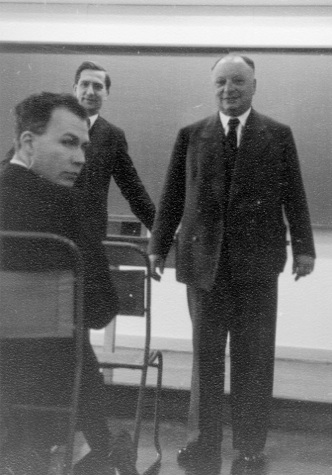Mathematical Physicists

Mathematical Physicists
People have been interested in Mathematical Physics for centuries (or Theoretical Physics or Applied Mathematics, as it is variously known), and the list of famous Mathematical Physicists includes many household names and Nobel prize winners.
Perhaps the first Mathematical Physicist was Newton. In the eighteenth century, classical dynamics was developed further by Bernoulli, Euler, Lagrange, Laplace and Gauss. In the nineteenth century Maxwell, Helmholtz and Lorentz developed theories of electromagnetism, while Gibbs and Boltzmann pursued a parallel interest in statistical mechanics.
The twentieth century saw the development of relativity and quantum mechanics: Planck, Einstein, Bohr, Heisenberg, Born, Pauli, Fermi, Dirac and Schrödinger. The synthesis of these new ways of thinking was then pursued by Landau, Yukawa, Schwinger, Feynman, Weinberg, Salam, Higgs, ’t Hooft, Hawking and Witten, taking us into the modern age.
In our Mathematical Physics degrees we aim to take you inside the heads of these great men, so that you can learn what they were thinking, and why: what they achieved, and where they made mistakes. In this way you will develop the confidence to think for yourself, logically and originally, but also critically.

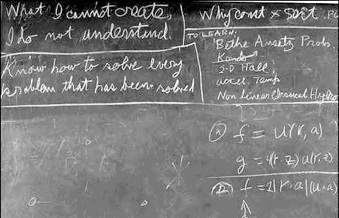
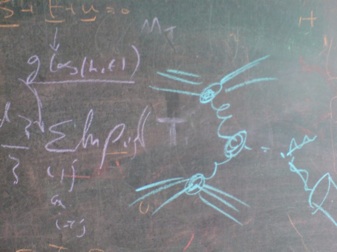
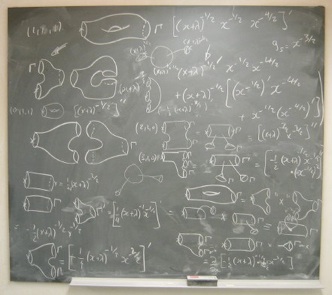
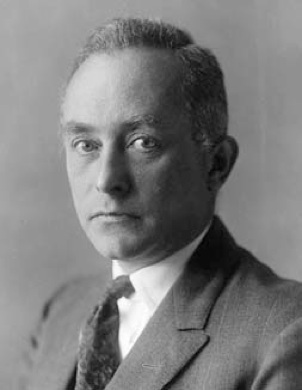
Max Born: the Tait Professor, 1936-1953
Wolfgang Pauli at the Tait Institute, April 1957
